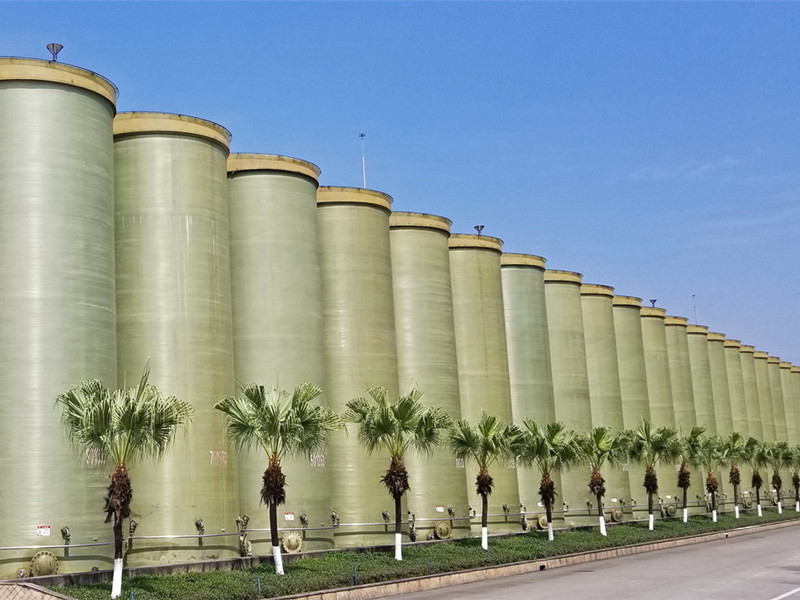
-
 Afrikaans
Afrikaans -
 Albanian
Albanian -
 Amharic
Amharic -
 Arabic
Arabic -
 Armenian
Armenian -
 Azerbaijani
Azerbaijani -
 Basque
Basque -
 Belarusian
Belarusian -
 Bengali
Bengali -
 Bosnian
Bosnian -
 Bulgarian
Bulgarian -
 Catalan
Catalan -
 Cebuano
Cebuano -
 China
China -
 China (Taiwan)
China (Taiwan) -
 Corsican
Corsican -
 Croatian
Croatian -
 Czech
Czech -
 Danish
Danish -
 Dutch
Dutch -
 English
English -
 Esperanto
Esperanto -
 Estonian
Estonian -
 Finnish
Finnish -
 French
French -
 Frisian
Frisian -
 Galician
Galician -
 Georgian
Georgian -
 German
German -
 Greek
Greek -
 Gujarati
Gujarati -
 Haitian Creole
Haitian Creole -
 hausa
hausa -
 hawaiian
hawaiian -
 Hebrew
Hebrew -
 Hindi
Hindi -
 Miao
Miao -
 Hungarian
Hungarian -
 Icelandic
Icelandic -
 igbo
igbo -
 Indonesian
Indonesian -
 irish
irish -
 Italian
Italian -
 Japanese
Japanese -
 Javanese
Javanese -
 Kannada
Kannada -
 kazakh
kazakh -
 Khmer
Khmer -
 Rwandese
Rwandese -
 Korean
Korean -
 Kurdish
Kurdish -
 Kyrgyz
Kyrgyz -
 Lao
Lao -
 Latin
Latin -
 Latvian
Latvian -
 Lithuanian
Lithuanian -
 Luxembourgish
Luxembourgish -
 Macedonian
Macedonian -
 Malgashi
Malgashi -
 Malay
Malay -
 Malayalam
Malayalam -
 Maltese
Maltese -
 Maori
Maori -
 Marathi
Marathi -
 Mongolian
Mongolian -
 Myanmar
Myanmar -
 Nepali
Nepali -
 Norwegian
Norwegian -
 Norwegian
Norwegian -
 Occitan
Occitan -
 Pashto
Pashto -
 Persian
Persian -
 Polish
Polish -
 Portuguese
Portuguese -
 Punjabi
Punjabi -
 Romanian
Romanian -
 Russian
Russian -
 Samoan
Samoan -
 Scottish Gaelic
Scottish Gaelic -
 Serbian
Serbian -
 Sesotho
Sesotho -
 Shona
Shona -
 Sindhi
Sindhi -
 Sinhala
Sinhala -
 Slovak
Slovak -
 Slovenian
Slovenian -
 Somali
Somali -
 Spanish
Spanish -
 Sundanese
Sundanese -
 Swahili
Swahili -
 Swedish
Swedish -
 Tagalog
Tagalog -
 Tajik
Tajik -
 Tamil
Tamil -
 Tatar
Tatar -
 Telugu
Telugu -
 Thai
Thai -
 Turkish
Turkish -
 Turkmen
Turkmen -
 Ukrainian
Ukrainian -
 Urdu
Urdu -
 Uighur
Uighur -
 Uzbek
Uzbek -
 Vietnamese
Vietnamese -
 Welsh
Welsh -
 Bantu
Bantu -
 Yiddish
Yiddish -
 Yoruba
Yoruba -
 Zulu
Zulu
fiberglass fan
The Versatility and Benefits of Fiberglass Fans
Fiberglass fans are becoming increasingly popular in various applications, from industrial facilities to residential settings. These fans, made primarily from fiberglass reinforced plastic, offer numerous advantages over traditional metal or plastic fans. Their unique properties make them an ideal choice for environments where durability and efficiency are paramount.
One of the most significant benefits of fiberglass fans is their resistance to corrosion. In industries where chemicals or moisture are present, such as agriculture, wastewater treatment, and food processing, conventional metal fans can quickly deteriorate. Fiberglass, however, is non-corrosive, allowing these fans to maintain their structural integrity and performance over time. This characteristic translates into lower maintenance costs and longer service life, making fiberglass fans a cost-effective choice.
Furthermore, fiberglass fans are lightweight yet incredibly strong. This combination makes them easy to install and maneuver without sacrificing durability. They can be manufactured in various shapes and sizes to meet specific airflow and pressure requirements. The flexibility in design also allows for customization, enabling businesses to tailor the fan to their unique operational needs. Whether it's a large industrial ventilation system or a compact extractor fan for a home workshop, fiberglass fans stand out due to their adaptability.
Another crucial advantage of fiberglass fans is their ability to perform in extreme temperature conditions
. They can operate efficiently in both high and low-temperature environments, maintaining performance levels where other materials might struggle. This temperature resistance is particularly beneficial for applications in foundries, steel mills, and other high-heat settings, where fans are subjected to severe thermal stress.fiberglass fan

In addition to these practical benefits, fiberglass fans are known for their quiet operation. Unlike metal fans that can often be noisy, the design and material of fiberglass fans contribute to a more peaceful working environment. This reduced noise level is particularly valuable in settings like schools, libraries, and healthcare facilities, where a serene atmosphere is essential for productivity and comfort.
Energy efficiency is another critical consideration, especially in today's eco-conscious world. Fiberglass fans are designed to move air effectively, often requiring less energy to operate compared to traditional fans. This efficiency can lead to significant cost savings on energy bills over time, making them an environmentally friendly option as well.
Moreover, the maintenance of fiberglass fans is relatively straightforward. Regular inspections and cleaning are usually enough to ensure they operate at peak performance. The non-porous surface of fiberglass also resists the buildup of dust and grime, further reducing maintenance labor and costs.
In conclusion, fiberglass fans represent a modern solution for air movement needs across various sectors. Their corrosion resistance, lightweight yet durable nature, quiet operation, energy efficiency, and low maintenance requirements make them a superior alternative to traditional fan materials. As industries continue to seek effective, durable, and economical solutions, fiberglass fans are likely to gain even more traction, proving that innovation in material science can lead to significant improvements in everyday applications.









